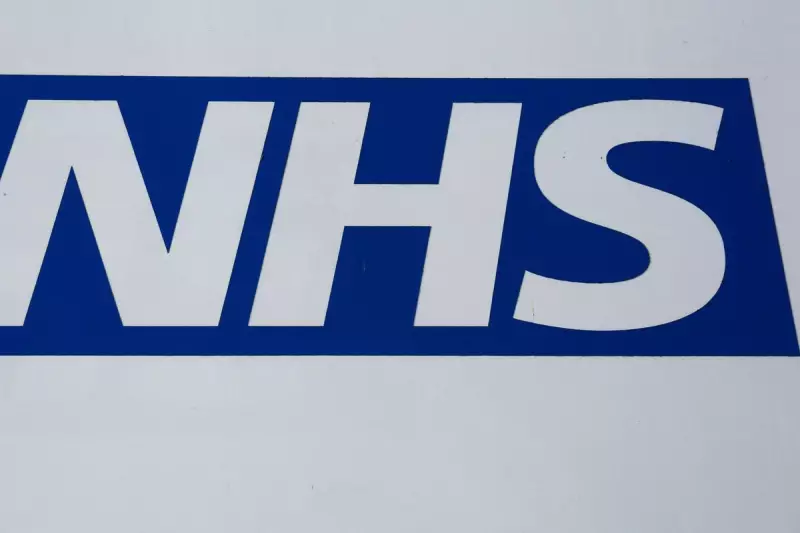
A critical Labour promise to slash NHS waiting lists is in serious risk of not being met, a powerful committee of MPs has starkly warned. The Public Accounts Committee (PAC) has raised the alarm, suggesting the Government's approach to reforming the health service echoes the poor practices witnessed on the HS2 project.
A Pledge in Peril
The central pledge, made by Prime Minister Sir Keir Starmer, aims to ensure that 92% of patients receive routine hospital treatment within 18 weeks by July 2029. This would cover procedures such as hip and knee replacements. However, the PAC's latest report concludes that initiatives designed to achieve this goal for pre-planned care in England have so far fallen short.
MPs highlighted that NHS England (NHSE) has missed its recovery targets by significant margins. They pointed out that despite billions of pounds being invested to transform diagnostic and surgical services, the pace of change remains too slow. Consequently, far too many people continue to face unacceptably long waits for vital tests and treatment.
Structural Reforms and Funding Concerns
The committee expressed significant unease about the Government's announced plans for a major structural overhaul of the NHS. This includes the decision to axe NHS England and absorb its functions into the Department of Health and Social Care (DHSC), alongside reducing local health management teams.
MPs stated they have significant concerns that this reform has been announced without delivery plans or funding in place. They drew direct comparisons to the troubled High Speed 2 (HS2) railway project and the New Hospitals Programme, known for delays and budget overruns.
The report was particularly critical of the financial arrangements for the redundancies of an estimated 18,000 administrative staff and managers, a move that will cut the headcount of NHSE and the DHSC by around 50%. The Treasury has not provided additional funding, meaning the NHS must overspend its current budget and recoup the costs later. The PAC deemed this approach imprudent.
Potential Impact on Patients and Staff
Clive Betts, deputy chairman of the PAC, emphasised the human cost of the situation, stating that every extra day on a waiting list means increased anxiety for patients and a growing risk to their lives if they remain undiagnosed.
The committee warned that the planned cuts to Integrated Care Boards (ICBs) and the wider restructuring could have a significant negative impact on patients and the healthcare workforce. The uncertainty created may limit the ability of NHS organisations to plan effectively for the future, ultimately hindering care.
Furthermore, MPs said they are not confident the Department is being realistic about the immense effort needed to reduce waiting times and see a significant risk in over-relying on digital solutions as a 'cure-all'.
In response, a Department of Health and Social Care spokesperson defended the Government's record, stating that waiting lists are now falling after being inherited in a broken state. They pointed to record investment, over 230,000 backlog reductions, and the headcount cuts as necessary steps to save billions for reinvestment into frontline patient care.






